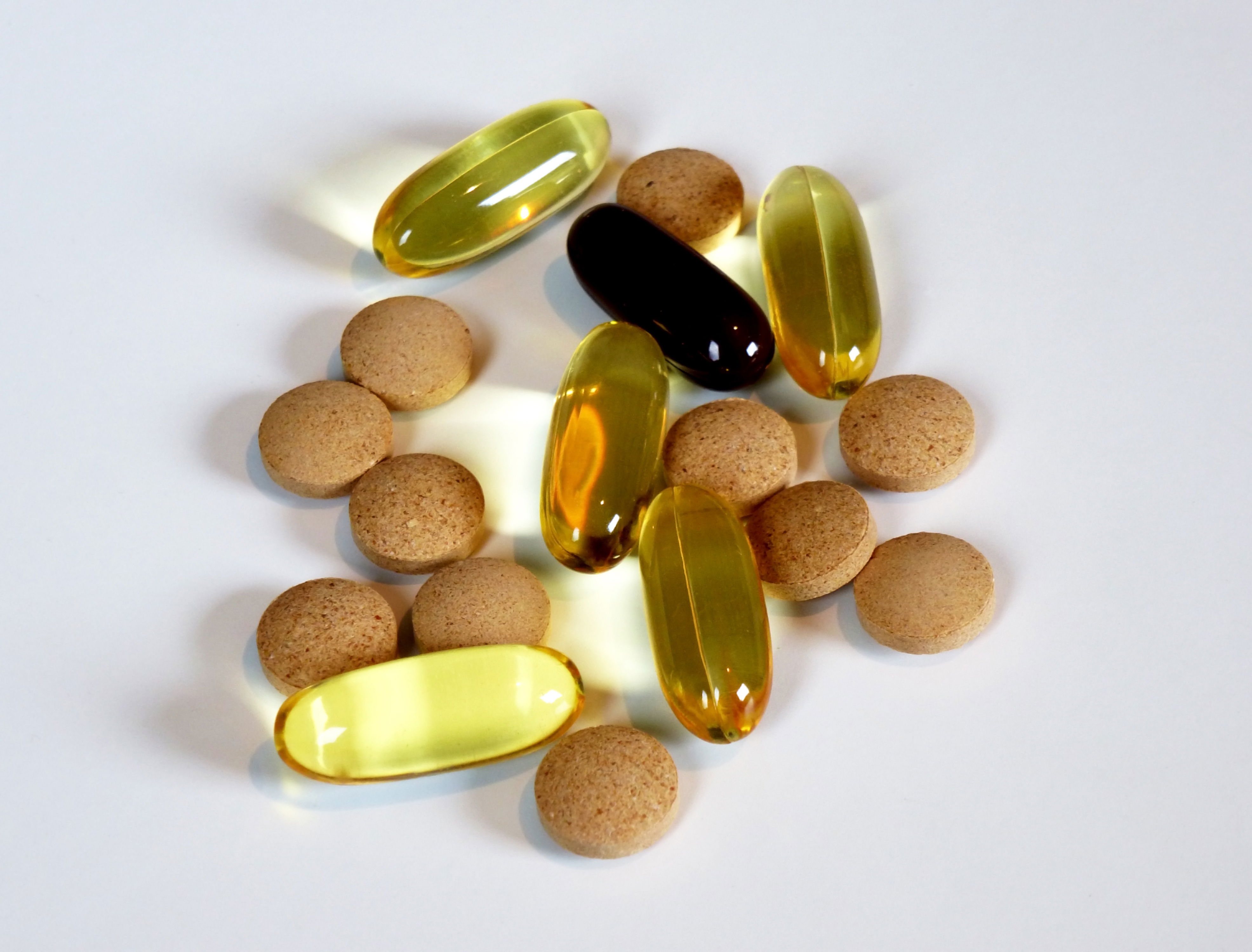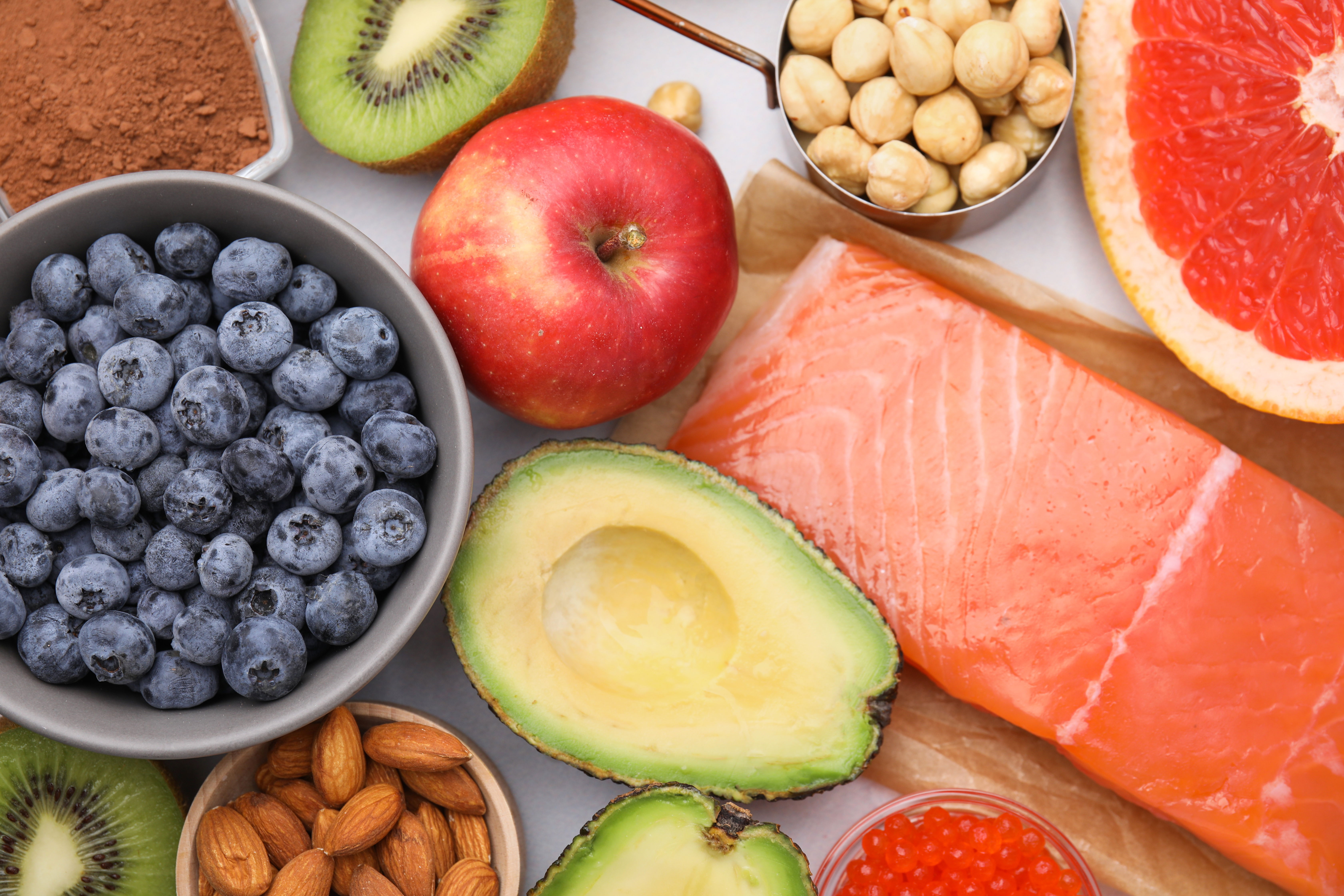The Power of Nutrition: Boosting Breast Milk Supply
The Power of Nutrition: Boosting Breast Milk Supply
Many new mothers worry about the quantity and quality of their breast milk supply. While various factors influence milk production, nutrition plays a pivotal role in enhancing and maintaining an ample supply. If you're a breastfeeding mother seeking natural ways to increase your breast milk, consider the following nutrition-based tips:

- Stay Hydrated
Hydration is crucial for milk production. Breastfeeding mothers should aim to drink at least eight cups of water a day. Consider hydrating fluids such as water, herbal teas, and lactation smoothies. Avoiding excessive caffeine is also advised, as it can contribute to dehydration.
- Include Protein-Rich Foods
Protein is essential for the production of breast milk, and it helps to ensure that the milk is rich in nutrients. Include a good source of protein in every meal and snack. Excellent sources of protein include lean meats, eggs, dairy products, beans, nuts, and seeds.
- Increase Calcium Intake
Calcium supports lactation and helps in the development of your baby’s bones. High-calcium foods such as dairy products, green leafy vegetables, and calcium-fortified foods should be a regular part of your diet.
- Focus on Whole Grains
Whole grains provide sustained energy which is crucial for breastfeeding. Foods like oatmeal, brown rice, and whole grain breads are beneficial. Oats are particularly recommended for breastfeeding mothers as they are believed to help stimulate prolactin, a key hormone involved in the production of milk.
- Add Healthy Fats
Fats are critical for improving the calorie content and hormone production necessary for breastfeeding. Emphasize healthy fats found in avocados, nuts, seeds, olive oil, and omega-3 fatty acids present in fish like salmon and sardines.
- Consider Lactogenic Foods
Certain foods are traditionally known as lactogenic, or milk-producing. These include fenugreek, fennel, garlic, and ginger. Incorporating these foods into your diet can potentially enhance milk production.
- Eat Frequent Meals and Snacks
Eating small, frequent meals throughout the day can help maintain a steady energy level and support continuous milk production. It's critical not only for milk production but also for keeping your blood sugar levels stable.
- Include a Variety of Fruits and Vegetables
Consuming a wide range of fruits and vegetables ensures that you get an assortment of nutrients which can benefit both the quality and volume of your breast milk. Aim for colorful plates with a variety of seasonal produce.
- Avoid Alcohol and Nicotine
Both substances can have a negative impact on your baby’s health and your milk production. It is best to avoid alcohol and nicotine entirely while breastfeeding.
- Consider Supplements
If you're concerned about your nutrient intake, consider discussing supplements with your healthcare provider. Supplements such as B vitamins, vitamins D and E, and possibly others like iron or omega-3 acids (especially if you don't consume fish), might be beneficial. However, it is crucial to consult with a healthcare professional before starting any supplementation.

By focusing on a balanced diet and incorporating some of the foods and nutrients listed above, you can help boost and maintain a healthy supply of breast milk. Remember, every woman's body is different, so what works for one mother might not work for another. It’s important to also prioritize rest, manage stress, and take good care of your overall health, as these elements have significant impacts on lactation. Additionally, keep in regular touch with lactation consultants and healthcare providers to ensure everything is on track with your breastfeeding journey.
